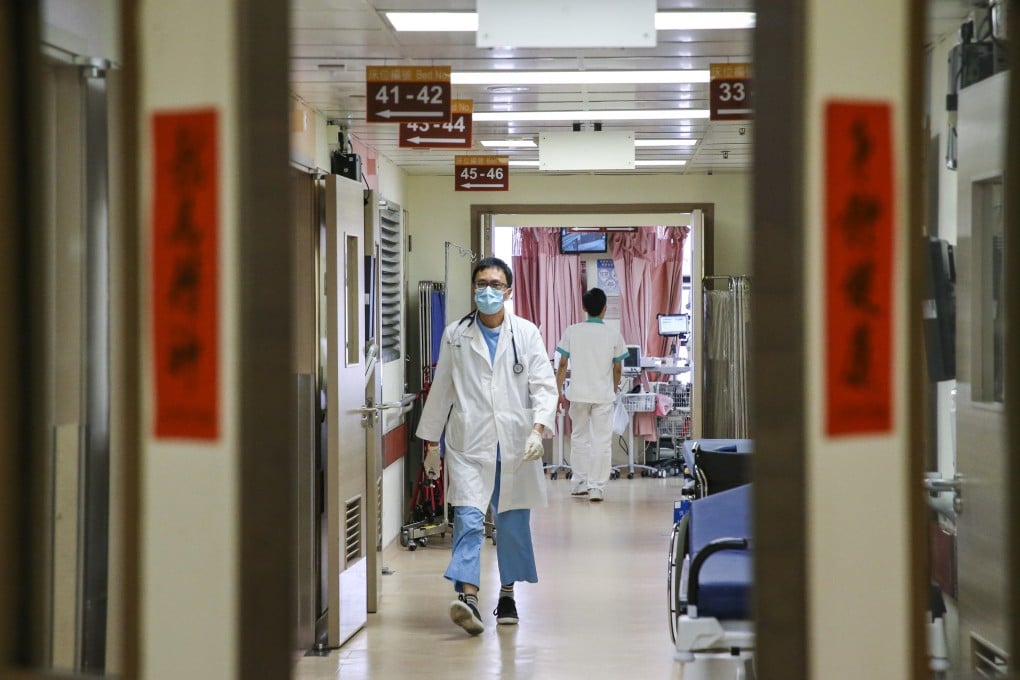Hong Kong’s scheme for foreign-trained doctors gets dozens of applications but only 5 considered qualified, Hospital Authority says
- Applicants among nearly 100 inquiries authority received since scheme was launched last year to allow overseas-trained doctors to practise in Hong Kong
- Hospital Authority has begun dialogue with five applicants deemed qualified for scheme, but says it will take time before first batch of doctors can come to city

A controversial registration scheme for non-locally trained doctors has received almost 40 applications so far, but only five of the candidates are considered qualified, according to Hong Kong’s Hospital Authority.
The applicants were among about 100 inquiries the authority had received since the “special registration” scheme was launched after the government amended the Medical Registration Ordinance last October, exempting graduates of non-local medical schools from passing a local licensing exam before practising in Hong Kong.
Fifty medical institutes are currently accredited. Shanghai’s Fudan University is the only listed mainland Chinese school.
A government-appointed committee would add more institutions to the list of recognised medical qualifications as per the established procedure, Dr Tang Kam-shing, a chief manager at the Hospital Authority, said on Monday.
“The list has not been finalised yet,” he told a press briefing. “There isn’t a fixed target as to how many doctors we want to recruit from overseas. The priority is still locally trained doctors.”
Under the scheme, overseas-trained doctors will be eligible for full registration in the city without the need for a licensing exam if they fulfil several criteria.
They must be graduates with recognised medical qualifications from the list, already possess medical registration in the place where they graduated, have worked full-time in Hong Kong’s public sector for at least five years after obtaining a specialist qualification, and are considered to have served “satisfactorily and competently” during the five-year period.
Hong Kong permanent residents who are fresh graduates from the recognised medical programmes but have yet to undergo internship in the countries where they trained, will also be eligible to take the licensing exam and undergo internship in the city.